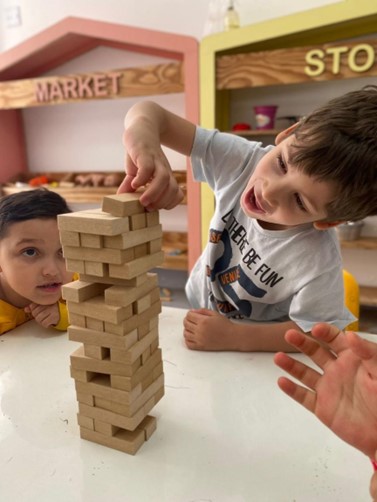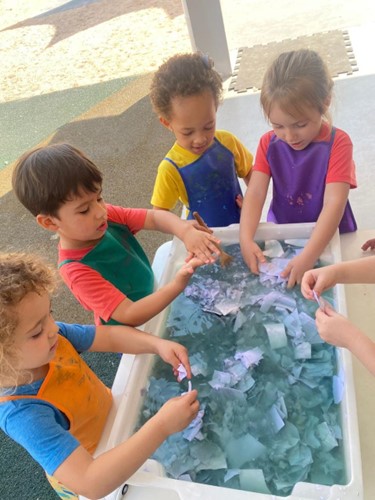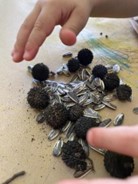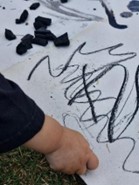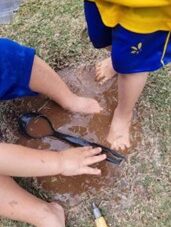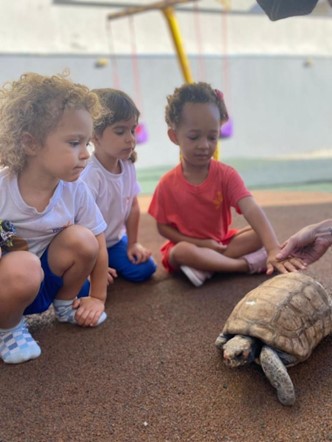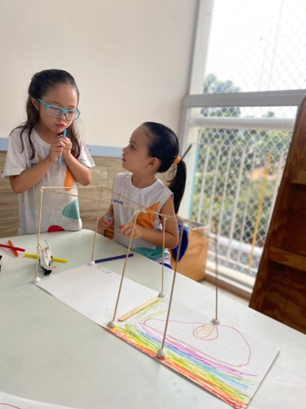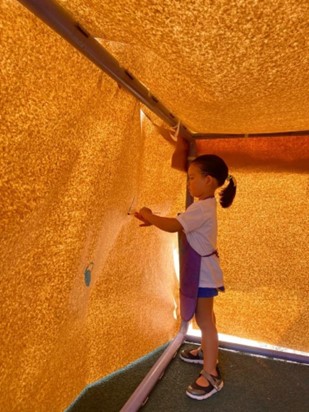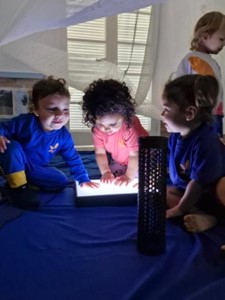PROJECTS
(Financial education, sensory experiences, nature, creativity, autonomy, movement)
In project work, children have the opportunity to think about important themes from their environment, reflect on current events, and consider life outside of school.
Projects are designed for children to learn to think, study, research, and express opinions. They are developed and executed WITH the children, not FOR the children.
And the Curriculum?
We know that for learning to take place, a curriculum must be organized in a way that is meaningful for both children and teachers. Repeating the same sequence of content each year, as if knowledge were an unchanging reality, does not align with this approach. Projects allow for the possibility of learning different knowledge in a non-linear way and through multiple languages. After all, how can we predict a year-long work program when we don’t yet know what questions, curiosities, or inquiries the children will bring?
It is common to think that the project process unfolds spontaneously, but the teacher’s role must be intentional. It is their responsibility to organize strategies and materials, acting as a guide who points out to various paths the group can take. For this, listening and dialogue are essential.
